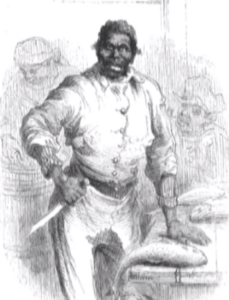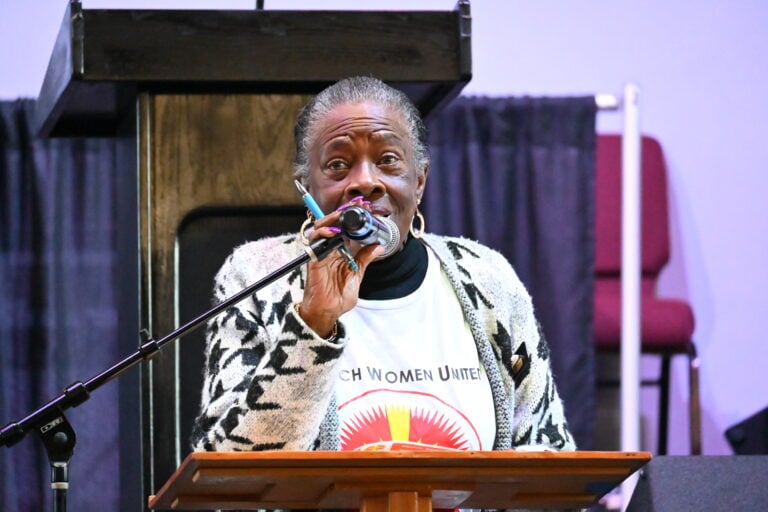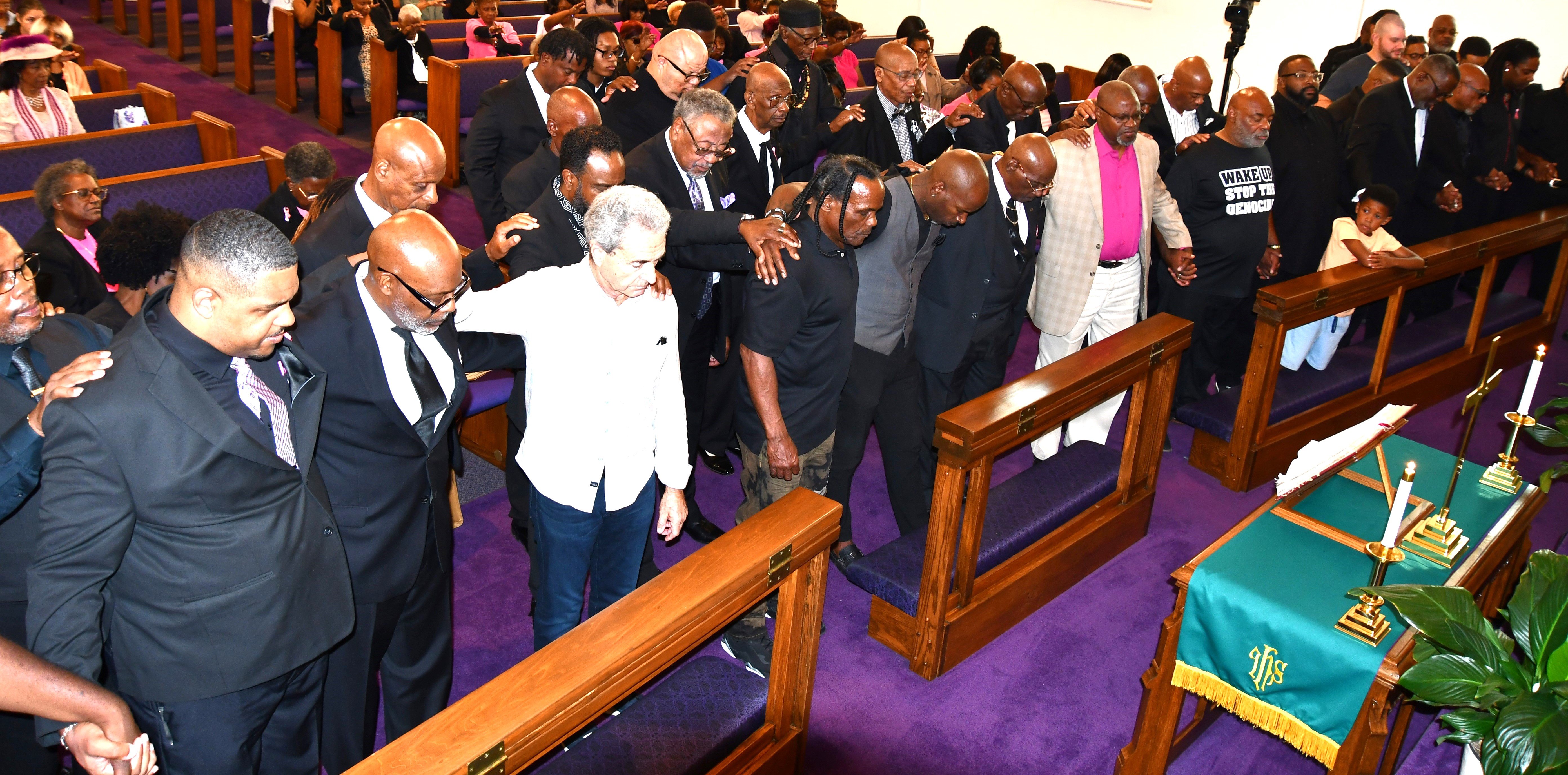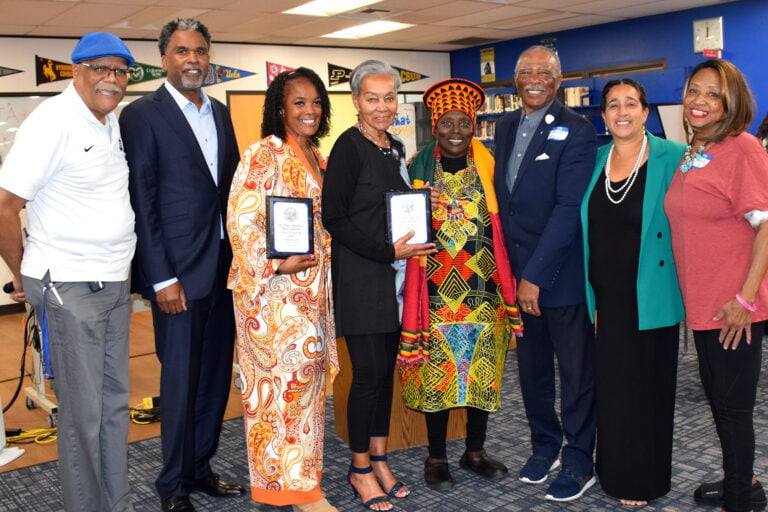By Dr. John E. Warren, Publisher, The San Diego Voice & Viewpoint
On November 11, 2019 Americans honored those brave men and women who have served in the military. It all started on November 11, 1918, when an Armistice between the Allied forces of World War I and Germany went into effect. In November 1919, President Woodrow Wilson declared November 11th Armistice Day, in recognition of the end of the War that was to end all Wars. In 1938, the U.S. Congress passed an Act declaring November 11, Armistice Day, a national holiday. In 1954, after World War II, President Dwight D. Eisenhower proposed and the Congress approved changing the name Armistice Day to Veterans Day, honoring all Americans who had served in all wars.
But the celebrations we have today do not do justice to the African Americans who have fought and died for America, in spite of the racism and segregated practices that have denied us full and equal treatment. Consider the following Hall of Fame of African Americans who have served and in many instances, died for this country:
Crispus Attucks, son of a slave, first American casualty of the Revolutionary War. March 5, 1770; Nurse Susie King Taylor, who in the 1800s, when it was illegal for African Americans to be educated, snuck in lessons at an underground school which she built with her passion to help others. She met and worked alongside Clara Barton, founder of the Red Cross.
During the Civil War; Lewis Martin of the 29th U.S. Colored Infantry, who lost a leg and an arm following the Battle of the Crater in July 1864; the Buffalo Soldiers, as the Colored Soldiers of the 10th Cavalry became known, who fought both in the Civil War and the Indian Wars where they got the name ” Buffalo” from Native Americans; and Corporal Freddie Stowers, who led the all-Black 371st Infantry Regiment in France in a successful battle against German troops and was recommended for the Medal of Honor which was not given to him until 70 years later and awarded posthumously to his family. We also remember Corporal John T. Van Rensalier of the 350th HQ Battalion who was awarded the French Legion of Honor in WWI; Doris “Dorie” Miller, a Mess Stewart in the U.S. Navy, who became the first African American to win the Navy Cross based on service at Pearl Harbor in WWII. Let us not forget African American women like Colonel Margaret Barley serving in WWI and fighting for integrated military housing when Blacks were still fighting and living in a segregated army.
Let us remember Colonel Charles Young, the 3rd African American to graduate from West Point Military Academy and the first African American to reach the rank of “Colonel” in the U.S. Army; or the Tuskegee Airmen, Colored fighter pilots who never lost a plane they were escorting during WWII and paved the way for more than 1.2 million African Americans to enter the service during and following that war.
We have seen from history that African Americans who fought for the freedom of others on distant shores, came home to disenfranchisement, segregation, and subhuman treatment on every front where they should have received respect and equality for having served. We have seen from a historical point that a Black soldier named Charles Lewis, recently discharged from the military, was lynched in uniform in Hichman, Kentucky; in 1944, four Black soldiers after a white store owner claimed they tried to take over his place; in 1947, we repeat, how Joe Nathan Roberts, a Black Navy Veteran studying at Temple University on the G.I. Bill was abducted and shot because he wouldn’t say “Sir” to white men.
What is so important about these stories today is that if the opposition to “Critical Race Theory” is allowed to be implemented on the scale white legislatures and school boards are trying to do, to sanitize all discussion of America’s racist past, these stories will be lost along with the racist history they represent. Let us not forget that we have over 99 African American servicemen who earned and received the Medal of Honor in battle, fighting, and in some cases dying for a country who would only honor them when the flag was draped over their coffins and “Taps” played at their graveside.
We remember with pride our pioneering Black generals like General Benjamin Oliver Davis, Sr., U.S. Army, the first African American to obtain that rank in the U.S. Army, and his son Benjamin Oliver Davis, Jr., U.S. Air Force, as well as General Daniel “Chappy” James, fighter pilot, U.S. Air Force and General Colin Powell, City College of New York ROTC graduate who rose to become a four-star general and Chairman of the Joint Chiefs of Staff, twice, as well as the first African American Secretary of State under President George Bush.
Of the 3470 Medals of Honor given out since the beginning of this Award, 89 have been given to African Americans and the first African American to receive one was William Carney on July 18, 1863.
So, this Veterans Day, all African Americans have a very special and proud history to celebrate, recognizing that among those we honor and remember are our own countless “Band of Brothers and Sisters” that must not be forgotten in the first of Parades and Holiday Sales. “And still we rise.”
READ MORE LIKE THIS
-
- The San Diego Southeastern Community Has Not Endorsed Larry Turner For Mayor
- We Should All Follow The Georgia Voter Turnout Example
- Why Dr. Martin Luther King, Jr. Said We Must Vote
- For Those Who Still Can’t Decide Whether To Vote
- The Elephant in The Room is Not the Republican Party
- The Relationship of Evictions To Homelessness
- San Diego City Hall Needs to Make Nicholas Hoskins Whole
- Mainstream Media’s Failure on Campaign Issues



















